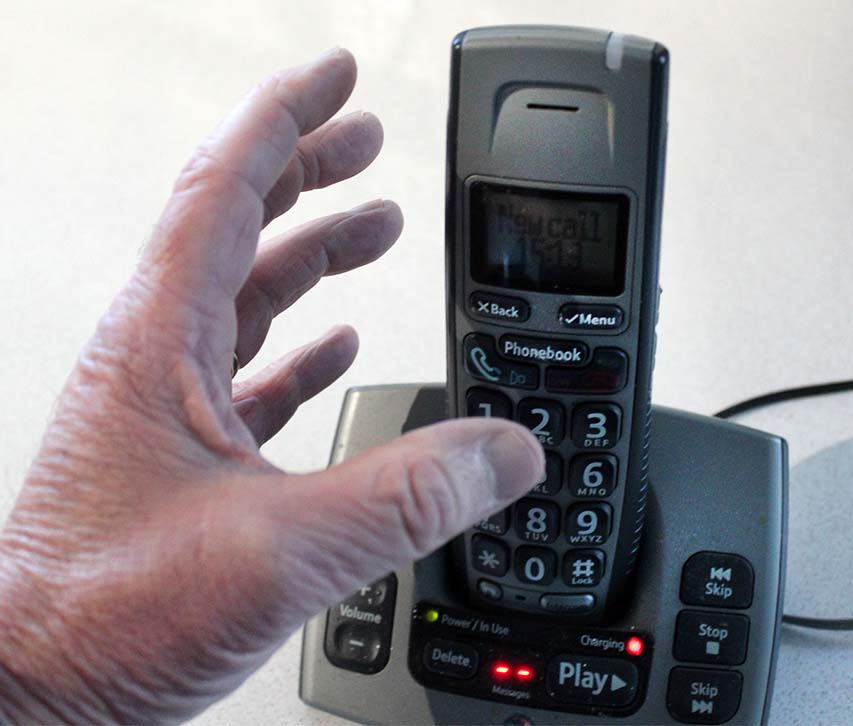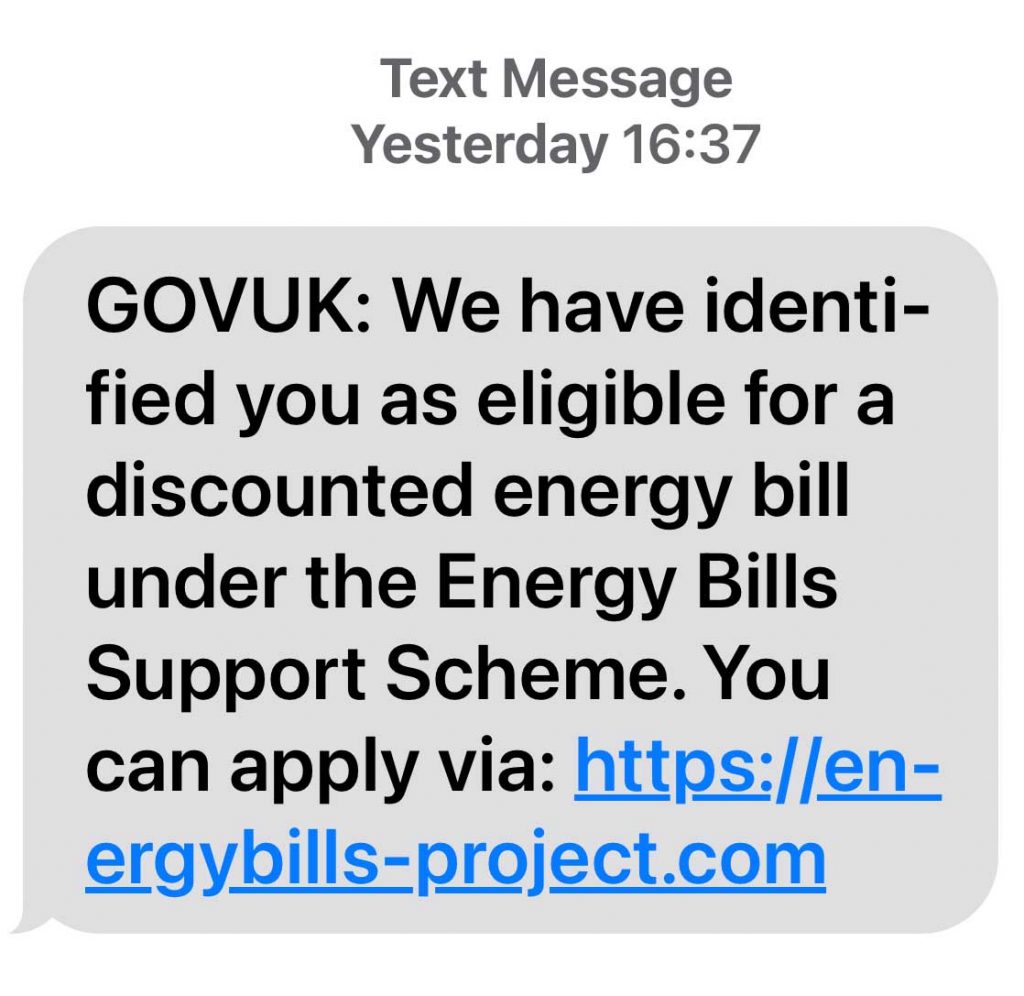Scammers are targeting people impacted by the cost-of-living
Police are warning the public to be on their guard against fraudsters operating cost-of-living scams.
The warning comes after a scammer contacted a local resident claiming to be from an energy company offering to pay them a grant. The scammer claimed they needed their bank details to pay money into their account.

Thankfully, the person recognised this as a scam and provided no details. Police are also aware of energy discount scam texts that are circulating.
Chair of Scamwise NI Partnership, Police Service of Northern Ireland, Superintendent Gerard Pollock said: “Anyone can be targeted by a scam but, with rising energy costs, we’ve seen how here, and in other parts of the UK, how scammers are actively targeting those who are financially vulnerable.
“They are in exploiting an extremely difficult situation. I need people to be aware of this threat and what to do if they’re targeted.”

Possible approaches from scammers include making false offers of energy refunds, energy discounts, tax rebates and cost-of-living payments.
“All of these scams will be an attempt to get your personal or banking details.
“Please, do not let yourself be fooled,” said Superintendent Pollock. “The easiest way to stop a scam is to apply these five rules:
- hang up the call immediately;
- always delete texts requesting personal information or bank account details;
- never call the number back;
- never click on links in text messages, or respond to unsolicited texts;
- never ever transfer money at the request of someone you do not know.
“This last one is really important, and it will really key in preventing these criminals gaining access to your money and you losing out, so it’s worth reiterating you should never transfer money to another account having received a call from someone you do not know.”
If you have been a victim of a scam, report it to police on 101, or online at www.psni.police.uk/makeareport/
Also report it to your bank immediately.
You can also report to Action Fraud online at:
or by calling 0300 123 2040.
Information and advice is available at:
http://www.nidirect.gov.uk/scamwiseni
or the ScamwiseNI Facebook page @scamwiseni

























